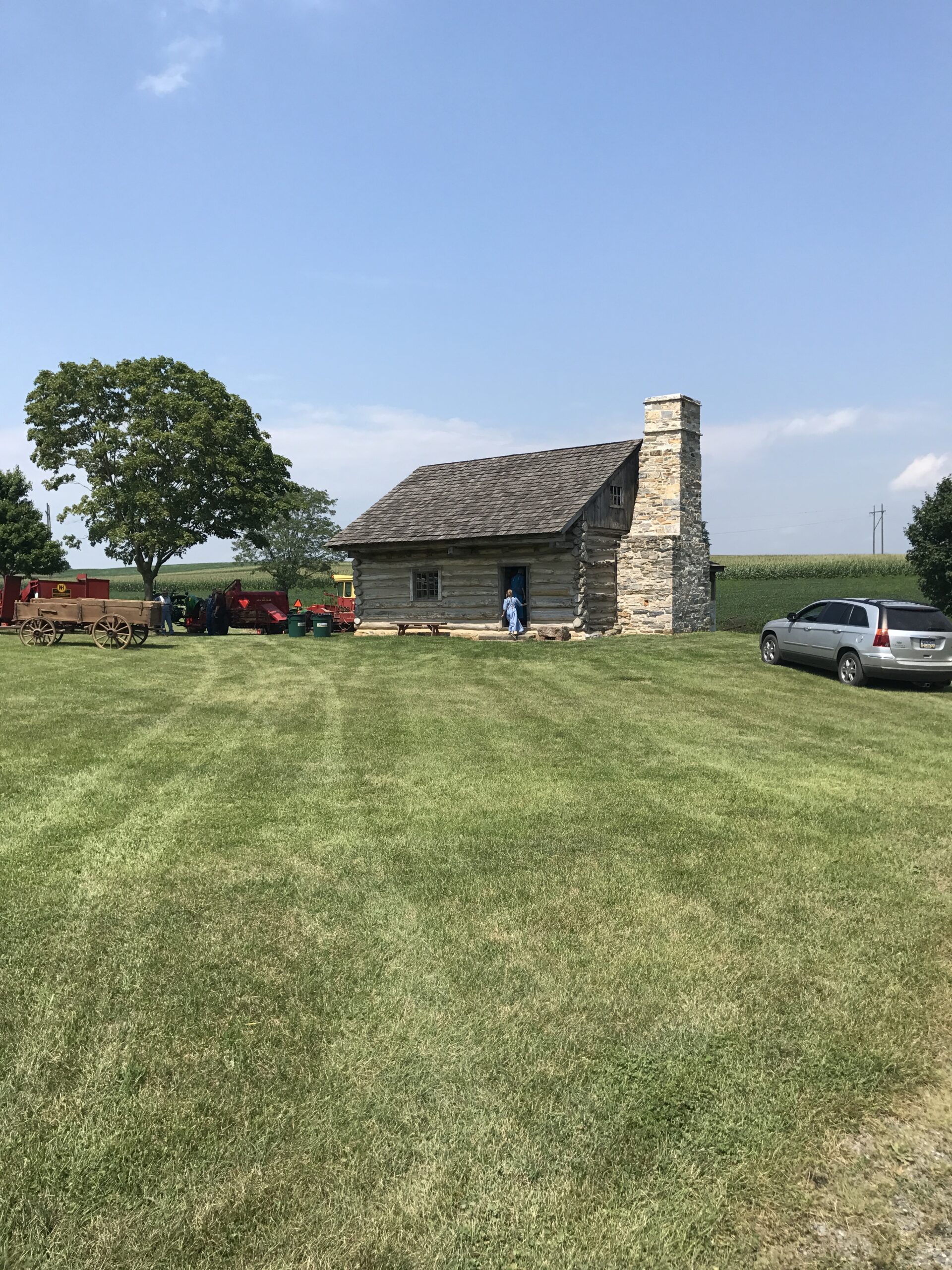By Clinton Martin
Amish, Mennonite, and other lesser-known groups are often referred to as PA Dutch. So, would that mean they trace their roots to Holland, right? Well, not necessarily. Some of the ships that they rode on to come over to America were launched from Dutch ports, but many of the PA Dutch would trace their roots to Germany, Switzerland, the Alsatian region of France, even parts of Russia. Essentially, the forefathers of today’s Amish and Mennonite families were people without a Nation. Generally German-speaking people, they nonetheless moved around to whatever region would tolerate their existence, until finally deciding to make the voyage to the New World.
One of the more pivotal moments in PA Dutch history took place in Switzerland, the signing of the Schleitheim Confession of Faith in 1525. This was an early doctrinal statement of the “Swiss Brethren” – a name that predated “Mennonite” and “Amish.” The Swiss Brethren were an early group of Anabaptist believers that gathered at the town of Schleitheim to hammer out exactly what their tenets were, in a document which could be shared with others.
Today, much of the doctrine of Amish, Mennonite, and other Anabaptist groups can still be traced directly back to this 1525 document. So, many of these people today identify with a heritage of Swiss history, and many of them would trace their genealogy directly back to Switzerland as well.
One very common surname in Lancaster County is Martin, a name that does trace directly from Switzerland, and the “Swiss Brethren” movement. Particularly numerous in the Ephrata / northern Lancaster County area, the Martin name has been associated with historic farms for many generations. One such farm, the Big Spring Farm, is now uniquely preserved as a museum of sorts to these early settlers.
The Swiss Pioneer Preservation Associates is a heritage organization that among other things is tasked with maintaining and operating the Big Spring Farm. The farm was in the Martin family since the 1700’s. That alone wouldn’t necessarily make this property unique. There are many farms in Lancaster County with such a direct genealogical line, but when Paul W. Martin had the Big Spring Farm, he never married or had any children. So, when he came to the end of his life, he had a decision to make about the farm. What to do? He decided to will the farm in its entirety as a gift to the Swiss Pioneer Preservation Associates, a group he was active in, and thus decided to entrust with the farm’s maintenance.
The Associates decided to use the farm as a heritage site, one part museum, one part event space, one-part historical monument to the early Anabaptist settlers of the area. Today, the farm includes many original buildings, including barns, the house, the restored Spring House, the reassembled Peter Martin log cabin, a museum, a sawmill, and a Martin Family Graveyard.
Today, the farm is not open daily but is open to the public a few times a year for special events. The annual Big Spring Farm Days is a popular event with living history demonstrations, a food stand, horse training, sawmilling, hay-baling, steam engines, house tours, chair caning, and the list goes on. The best way to get information about upcoming events at the farm is to look up Swiss Pioneer Preservation Associates on Facebook.

